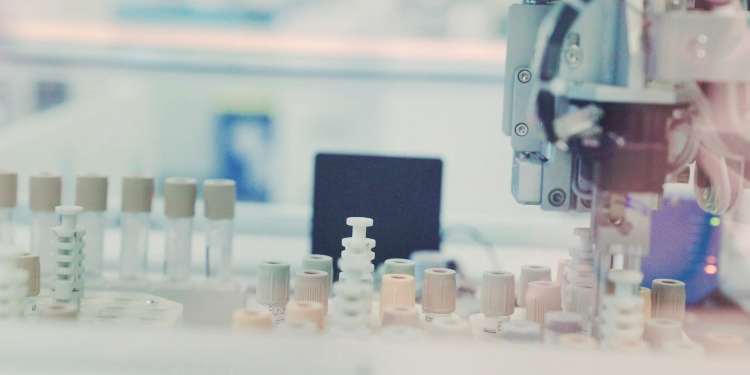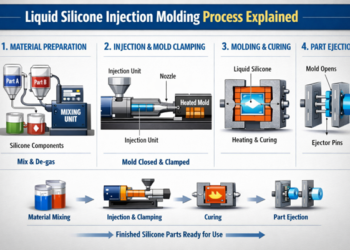Compressors in general, and oil-free ones specifically, play a crucial role in the medical and laboratory sectors due to their ability to provide clean air for multiple uses, both direct and indirect.
What is a compressor?
A compressor is a device that produces compressed air by drawing it from the atmosphere to power various tools. There are different types of compressors: traditional compressors, which use lubricating oil in their operation, and oil-free compressors, which do not require oil for the lubrication of moving parts and therefore use a dry mechanism. MGF, an Italian company leading in compressor production, offers a wide range of compressors, including oil-free compressors designed specifically for medical and healthcare fields such as laboratories.
Laboratory compressors
In the context of medical, dental, and aesthetic laboratories, the quality of compressed air is a crucial factor that directly impacts the safety and effectiveness of performed procedures. Oil-free compressors represent an ideal solution due to their ability to produce clean, uncontaminated air, making them highly reliable. Indeed, these devices become essential in environments like laboratories where even the smallest trace of oil can cause significant issues, both in terms of work quality and patient health.
Applications of compressed air in various types of laboratories:
In laboratories, compressed air is used for various applications:
- In dental laboratories, compressed air is primarily used to power dental tools such as drills, air syringes, and cleaning systems. In this case, safe and clean air is mandatory to prevent any form of contamination and ensure patient safety.
- In medical laboratories, compressed air is used in analysis and diagnostic equipment, such as chromatographs and centrifuges. The purity of the air is crucial to avoid false positives or alterations in medical tests.
- In aesthetic laboratories, compressed air is used in aesthetic treatments such as spray tanning and microdermabrasion. Pure and clean compressed air ensures uniform and quality results, eliminating the risk of unwanted skin contamination.
Advantages of oil-free compressors for laboratories
Thanks to their dry operation, oil-free compressors offer numerous advantages that make them the ideal choice for various types of laboratories:
- Purity and quality of air that ensures safe applications without contamination.
- Reliability: dry, oil-free compressed air prevents bacterial growth and instrument corrosion.
- Quiet operation and elegant appearance.
- Reduced maintenance: without the need for lubricants, oil-free compressors require less maintenance and are less prone to breakdowns.
- Greater operability and lower maintenance costs.
- Ease of installation and integration into the existing work environment.
- Sustainability: the absence of oil allows for sustainable operation, reducing environmental impact.
- Compliance with regulations: laboratories are subject to very strict health regulations, including the obligation to use uncontaminated compressed air. Oil-free compressors are designed to meet and exceed these requirements, ensuring patient safety.
In conclusion, oil-free compressors represent a winning and strategic technological solution for laboratories that require compressed air with specific purity, safety, and quality characteristics. Their operational efficiency and reduced maintenance allow various types of laboratories to operate with greater reliability and safety. In fact, adopting oil-free compressors not only improves the quality of services offered but also represents a forward-thinking investment for patient health.
David Prior
David Prior is the editor of Today News, responsible for the overall editorial strategy. He is an NCTJ-qualified journalist with over 20 years’ experience, and is also editor of the award-winning hyperlocal news title Altrincham Today. His LinkedIn profile is here.




![7 Best POS Software in the UK [2026 Edition]](https://todaynews.co.uk/wp-content/uploads/2026/02/7-Best-POS-Software-in-the-UK-2026-Edition-360x180.png)






































































